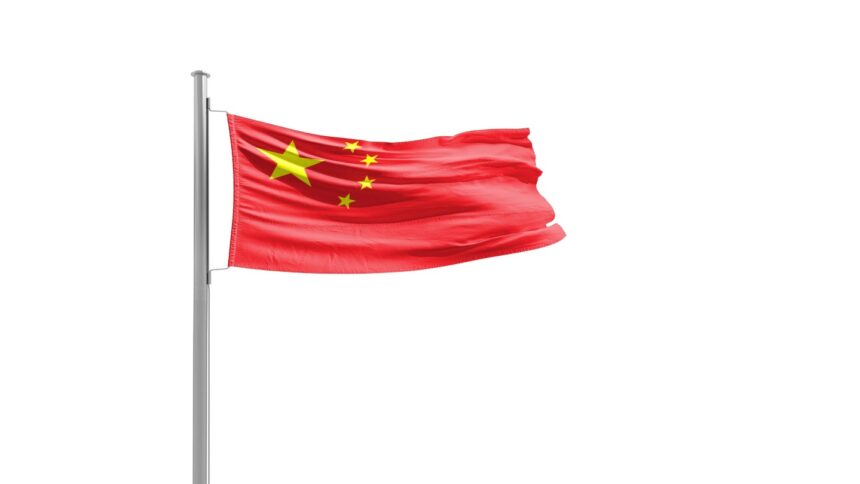The European Union (EU) is currently facing a tough challenge in negotiating with China regarding potential alternatives to tariffs on electric vehicles (EVs). According to a report by Bloomberg, sources suggest that despite recent discussions in Beijing showing some progress, a significant breakthrough seems unlikely at this point.
The EU has been pushing for an enforceable arrangement similar to the anti-subsidy tariffs recently adopted by the union. However, China has not yet met the stringent demands laid out by the EU, leading to uncertainties surrounding the negotiations.
Technical talks between the EU and China are set to continue this week, but the path to reaching an agreement remains unclear. Both parties have been exploring the idea of “price undertakings,” a mechanism aimed at controlling export prices and volumes to avoid tariffs.
The recent negotiations have primarily focused on establishing a communication channel between Brussels and Beijing while trying to avoid the risk of cross-compensation. Concerns have been raised regarding the possibility of minimum import prices on EVs being offset by the sales of other products like hybrid vehicles and accessories.
Differences also persist regarding the feasibility of deals with individual car manufacturers, including European companies with joint ventures in China. The EU insists on adhering to World Trade Organization guidelines, while China advocates for a comprehensive agreement led by a Chinese trade organization.
In response to the EU’s EV levies, China has warned of imposing retaliatory tariffs on European dairy, pork, and brandy. The EU has expressed its determination to protect its interests in these matters and has resisted attempts to merge the disputes into a larger compromise.
Recently, China instructed its automakers to halt significant investments in EU countries as a means of exerting pressure on the European Union in negotiations over alternatives to tariffs on electric vehicles.
As the negotiations continue, both sides remain at a crossroads, with the resolution still out of reach. The complexities of the discussions highlight the importance of finding a sustainable solution that benefits both the EU and China in the long run.







